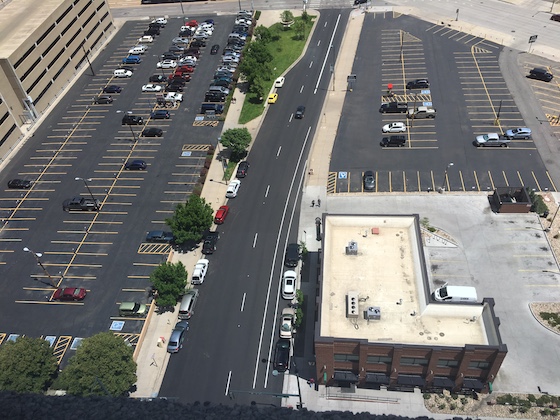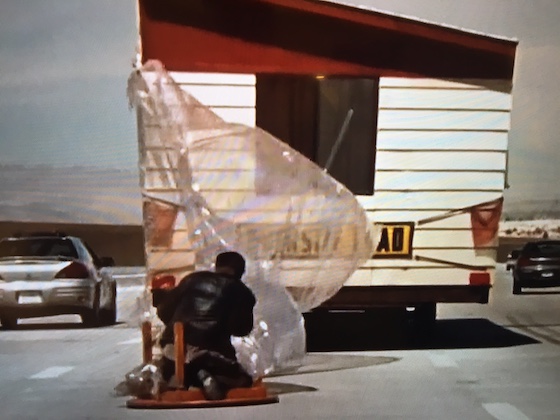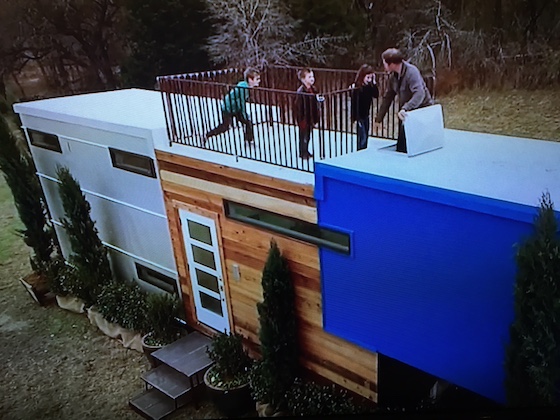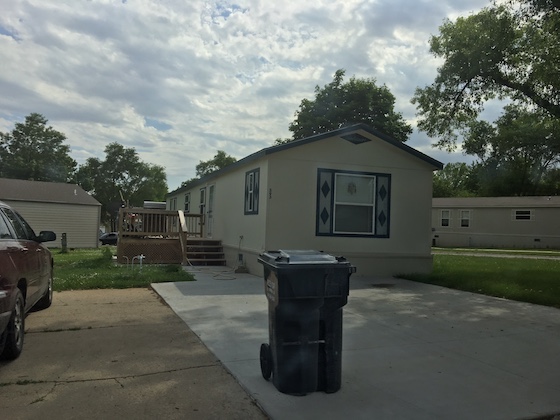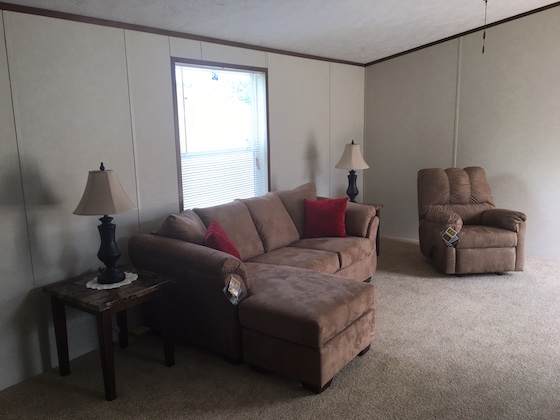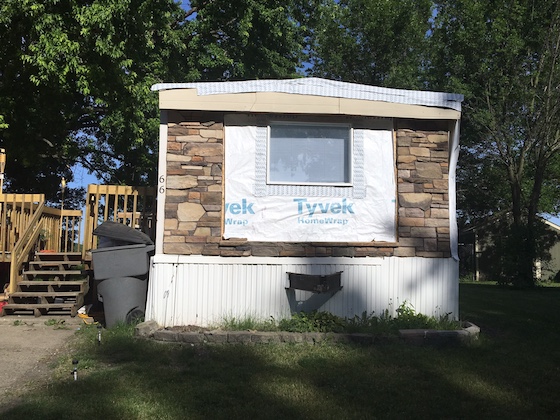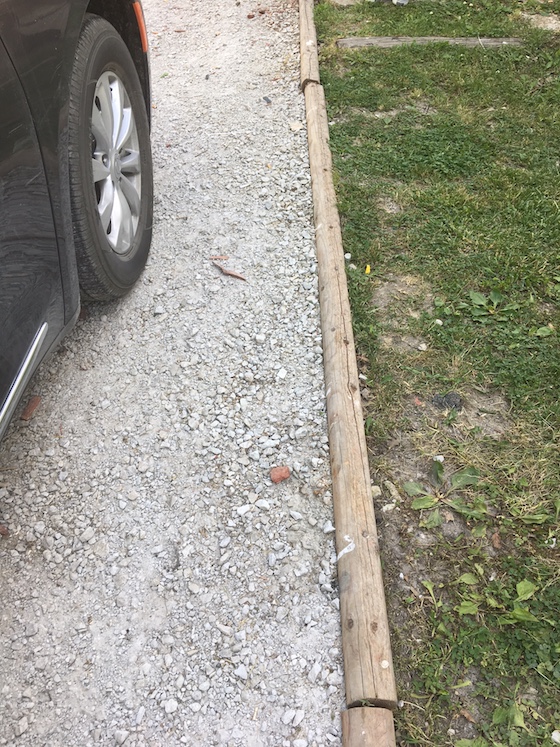The closest cousin to mobile home parks, by law, is the standard parking lot. That’s effectively what a mobile home park is – a parking lot for mobile homes. And the way the laws are applied is extremely similar when it comes to “non-conforming status”. Many cities do not understand how the laws work, and for many park owners this can be a source of frustration. However, the law is on your side if you only understand how it works and how to stand up for your rights.
What is “grandfathering”?
Webster’s defines “grandfathering” as “a clause in a new law or regulation that exempts certain persons or businesses from abiding by it.” In the case of mobile home parks, it relates to the exemption that any legally built mobile home park has from abiding by any new law or ordinance enacted after the mobile home park was constructed. For example, a mobile home park built in 1966 with 5’ setbacks from the street is not required to meet the 1989 ordinance that mobile homes must be 25’ setback from the street. In most cases, the “grandfathering” covers the more basic right to exist in locations where mobile home parks have been banned for decades.
Mobile home parks are a grandfathered “use”
It’s important to note from the onset that mobile home parks are a grandfathered “use” and not a grandfathered “structure”. This is extremely significant. Under a grandfathered “use” the very act of being a mobile home park is protected. Since a mobile home park is defined as basically a parking lot for the parking of mobile homes (which are viewed by most states as automobiles anyway), a grandfathered mobile home park means that you can park mobile homes in that parking lot forever, regardless of what current ordinance allows (subject to the exemptions shown below). Effectively, the only way that a mobile home park can lose its grandfathered status is to cease all operations, remove all the mobile homes, and turn off the phone and advertising for 181 days. If the mobile home park is completely vacant yet has a working phone number, the grandfathered status would not end, as it’s the “use” of the land as a parking lot that’s protected, and that has nothing to do with physical occupancy. In short, it’s nearly impossible for a mobile home park to lose its protected status, and that simply fact drives most hateful city manages crazy.
Why that’s hard for inspectors to understand
While many city managers don’t like the fact that they are powerless to end the mobile home park’s existence, the city inspectors often come to a different conclusion through sheer ignorance. They will sometimes tell a park owner “you can’t use that lot because it’s been vacant.” The problem here is that the inspector is confused over “grandfathered use” and “grandfathered structure”. The grandfathering in most cities is 99% structures – situations where a house or apartment building is no longer according to code. Under those laws, if the structure is destroyed by fire or wind – or any reason – then it can’t be built back on that lot because it does not meet code. So when they see a single lot vacant in a mobile home park, they immediately think of the “structure” variant of grandfathering – even though it’s not applicable. Since there are maybe three mobile home parks in the whole town, it’s understandable why they are not well versed on grandfathered “uses”.
The case law is on the park owner’s side
For those cities that want to pretend that mobile home parks are not grandfathered, the court system has been brutal. Every case that has made it to the State Supreme Court has been won by the mobile home park owner. In fact, the cities have never won such as case. The most recent example is the State of Mississippi, in which a 138 lot mobile home park owner crushed the City of Richland when they tried to stop them from filling their vacant lots. The Supreme Court of Mississippi was not impressed with the cities arguments or their disregard for the law.
But there are exceptions
But before you think you are bulletproof, be advised that there are some exceptions to this rule. First of all, the park must be legally built in the first place. There is another type of classification beyond legal and legal, non-conforming (grandfathered) and that’s “illegal”. If the park was not built legally in the first place, then it has no grandfathered protection. Secondly, some cities have a “sunset” provision that allows for the removal of grandfathered uses after a certain number of years of operation (not very common but worthy of investigation). Finally, the Fire Marshal has the ability to shoot down any operation that is a threat to safety, and that might include cases where a mobile home park has the homes too close together and might create a fire hazard. In cases of parks with high density, you would be well served to meet the Fire Marshal at the park and walk it during your due diligence period.
If there are any problems, enlist a municipal lawyer
All grandfathering challenges should be resolved before closing. You cannot buy a mobile home park with such a problem non-resolved. The only way to cure these issues is typically by hiring a municipal lawyer and having them work directly with the city attorney. In many cases, you can take a hostile city manager and change them entirely once the city attorney intervenes. The denial of grandfathered rights can lead to the city being sued, and most cities are not interested in that type of risk. To find a municipal lawyer (which is a lawyer that specialized in suing cities), simply call the larger law firms and ask for one. Don’t think, however, that a standard family or real estate lawyer can succeed in this area, as they don’t have enough experience to scare the city into submission, or even submit the right arguments.
Conclusion
Grandfathered rights are an extremely valuable part of any mobile home park purchase. With virtually all cities having banned new construction for the past half-century, it’s safe to say that the majority of parks in the U.S. are of “legal non-conforming grandfathered” status. The good news is that you have much stronger rights than you may be aware, and the court system has your back.

